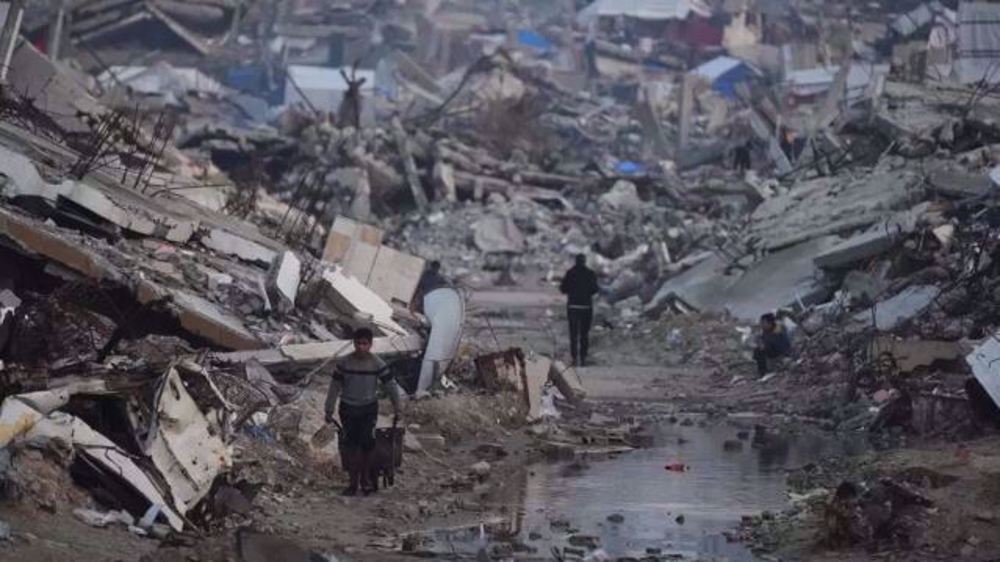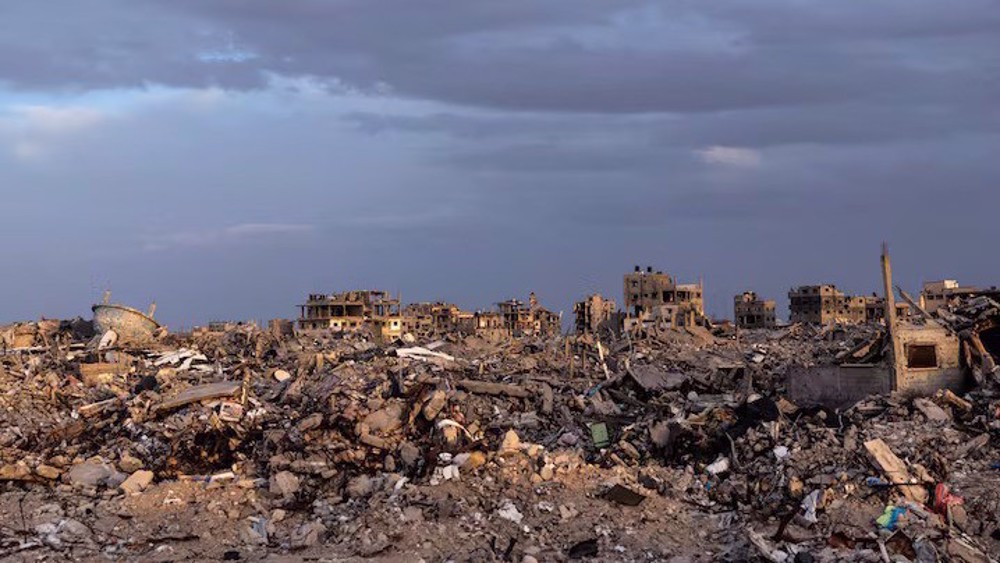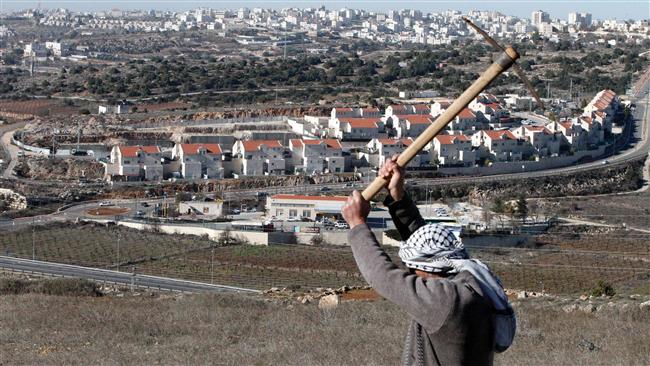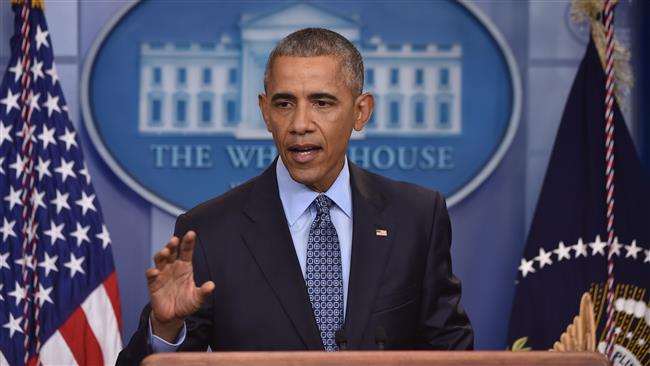UN chief backs two-state solution after US ditches support
United Nations Secretary General Antonio Guterres has underline the need for pursuing the so-called two-state solution to the decades-long Israeli-Palestinian conflict, saying there is "no alternative" to that option.
"There was a complete agreement" that a resolution of the conflict needs the "two state-solution and that everything must be done to preserve that possibility," Guterres said after meeting Egyptian President Abdel Fattah el-Sisi in Cairo on Wednesday.
For decades, successive US administrations have supported the so-called two-state solution, under which a Palestinian state would be formed.
However, an unnamed White House official said on Tuesday that Washington would not insist on that option as the only solution to the Israeli-Palestinian conflict.
“A two-state solution that doesn’t bring peace is not a goal... Peace is the goal, whether it comes in the form of a two-state solution, if that’s what the parties want, or something else," said the official, speaking anonymously.
The comments marked a significant shift in the US foreign policy on the Israeli-Palestinian conflict.
Those seeking other options 'apartheid'
In response, Palestine Liberation Organization (PLO) Secretary General Saeb Erekat denounced attempts on behalf of the Tel Aviv regime "to bury the two-state solution and eliminate the idea of the State of Palestine."

"Those who believe that they can undermine the two-state solution and replace it with what I call one state, two systems - maintaining the status quo now, are apartheid - I don't think in the 21st century they will get away with it,” he said.
Read more:
France stresses commitment to two-state solution
Separately on Wednesday, French Ambassador to the UN Francois Delattre described his country’s commitment to the two-state solution as "stronger than ever.”

Referring to the Middle East Peace Conference held in Paris last month, he emphasized that the summit had reaffirmed support for a settlement that would see the creation of a Palestinian state.
Read more:
The developments come as US President Donald Trump, a pro-Israel figure, and Israeli Prime Minister Benjamin Netanyahu are expected to meet later on Wednesday for the first time since the US presidential election in November last year.
Palestinians are seeking to create an independent state in the territories of the West Bank, East Jerusalem al-Quds and the Gaza Strip, with East al-Quds as its capital.
In November 2012, the UN General Assembly voted to upgrade Palestine’s status from “non-member observer entity” to “non-member observer state” despite strong opposition from Israel.
Palestine’s flag was also hoisted for the first time at the UN headquarters in New York in September 2015.
Iran's Armed Forces warn EU of ‘consequences’ of IRGC designation
Iran FM: EU’s blacklisting of IRGC a ‘major strategic mistake’
EU blacklists IRGC in legally flawed move irrespective of consequences
VIDEO | Press TV's news headlines
VIDEO | Afghanistan opens first specialized cancer hospital
Trump officials held secret talks with Canadian separatist group: Report
VIDEO | Pakistan’s legal community condemns UNHRC anti-Iran resolution
Resistance groups announce volunteer recruitment to defend Iran















 This makes it easy to access the Press TV website
This makes it easy to access the Press TV website